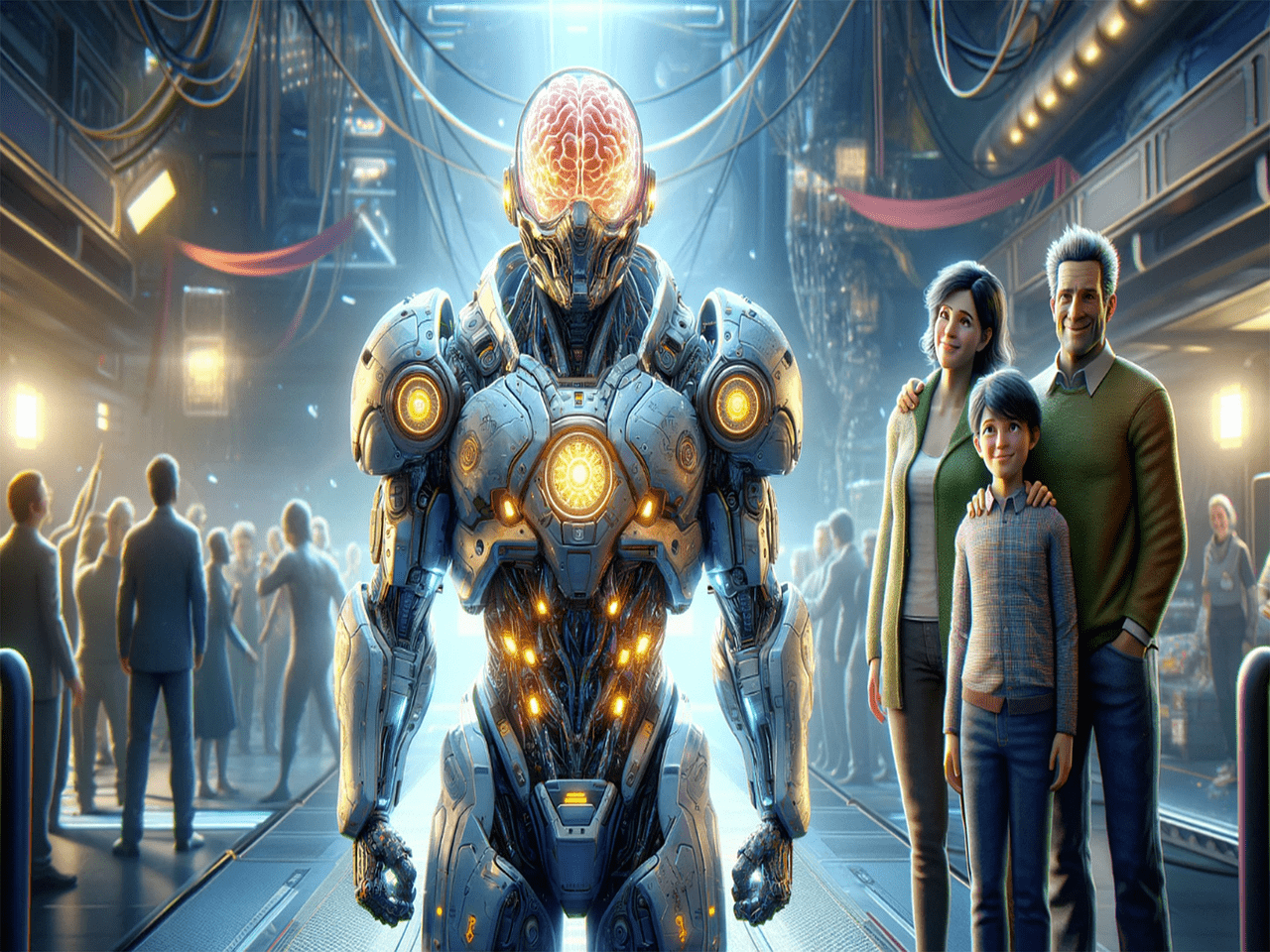Artificial Intelligence vs Human Intelligence: Key Differences & Future Insights
The ongoing discussion of artificial intelligence vs human intelligence highlights fundamental differences in how machines and humans think, learn, and solve problems. While human intelligence has evolved over hundreds of thousands of years and involves emotional insight, creativity, and consciousness, artificial intelligence is a rapidly advancing technology designed to perform specific tasks using data and algorithms.
What Is Artificial Intelligence?
Artificial intelligence refers to machines and systems designed to perform tasks requiring human-like intellectual abilities. These include problem-solving, learning, and language processing (MIT Technology Review). Today’s AI excels in narrow domains — from fraud detection to medical imaging — but achieving Artificial General Intelligence (AGI), where machines fully replicate human cognition, remains a complex and distant goal.
What Sets Human Intelligence Apart?
Human intelligence encompasses much more than raw data processing. It includes emotional insight, self-reflection, moral reasoning, creativity, and consciousness — dimensions still beyond AI’s reach (Psychology Today: What Makes Human Intelligence Unique?). These aspects allow humans to empathize, innovate, and adapt to novel situations in ways AI cannot.
Strengths and Limitations of AI and Human Intelligence
AI systems excel at handling massive data sets, recognizing patterns, and performing repetitive tasks tirelessly (OpenAI Blog). Meanwhile, humans bring intuition, ethical judgment, and emotional understanding to the table. However, human cognition is also subject to biases and limited capacity, challenges AI aims to mitigate.
The Future of Human-AI Collaboration
Rather than competing, the future likely holds collaborative human-AI systems that combine human creativity and empathy with AI’s computational power (Harvard Business Review). Such synergy could revolutionize fields like healthcare, education, and decision-making, amplifying human potential while addressing AI’s current limitations.
Ethical Considerations in AI Development
As AI integrates deeper into society, ethical guidelines become essential. The European Commission’s Ethics Guidelines for Trustworthy AI emphasize transparency, fairness, and respect for human rights, aiming to build systems that people can trust and rely on.
Conclusion
The ongoing conversation about artificial intelligence vs human intelligence highlights complementary strengths rather than competition. Understanding both allows us to harness AI responsibly while celebrating the unique qualities that define human cognition.

